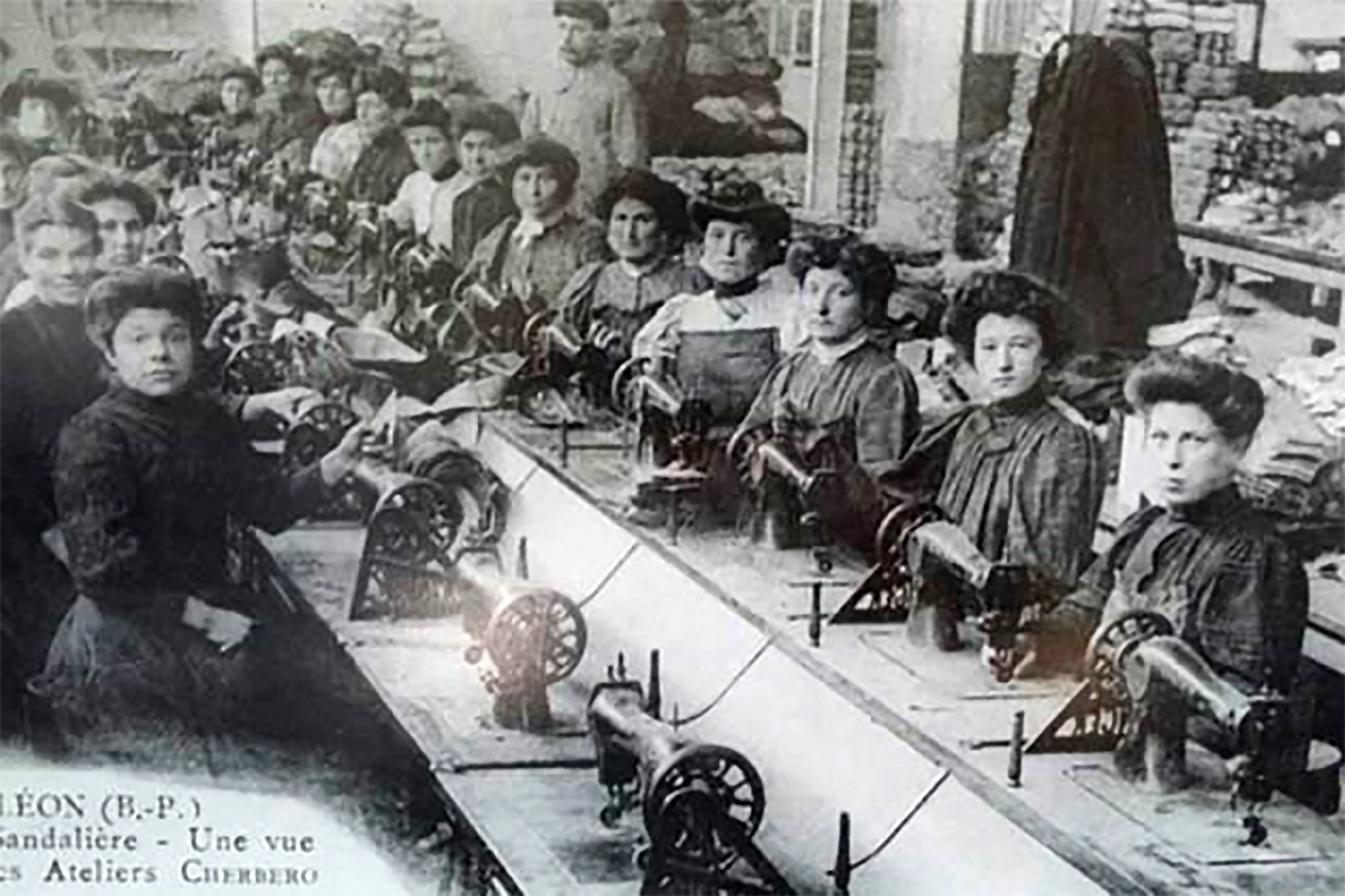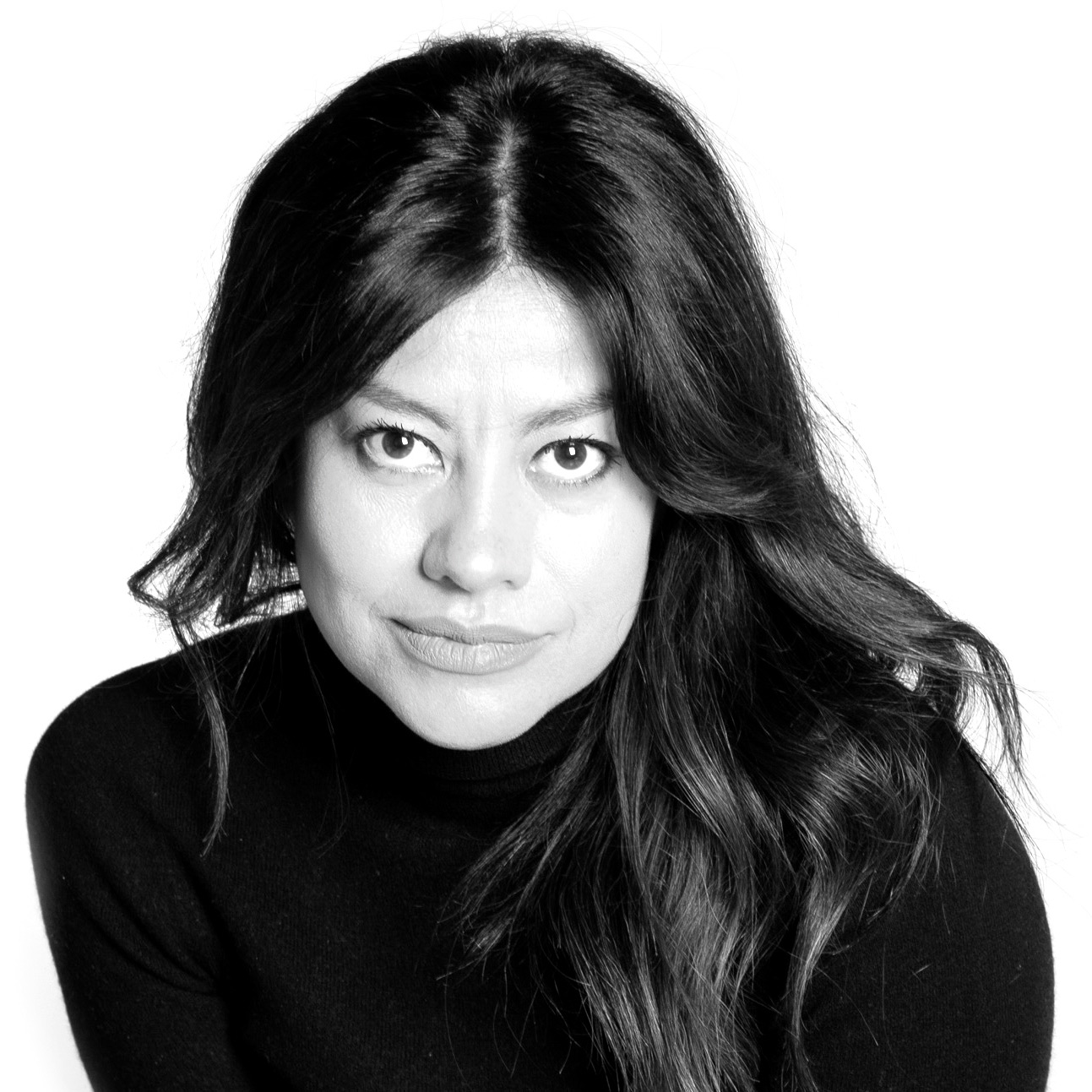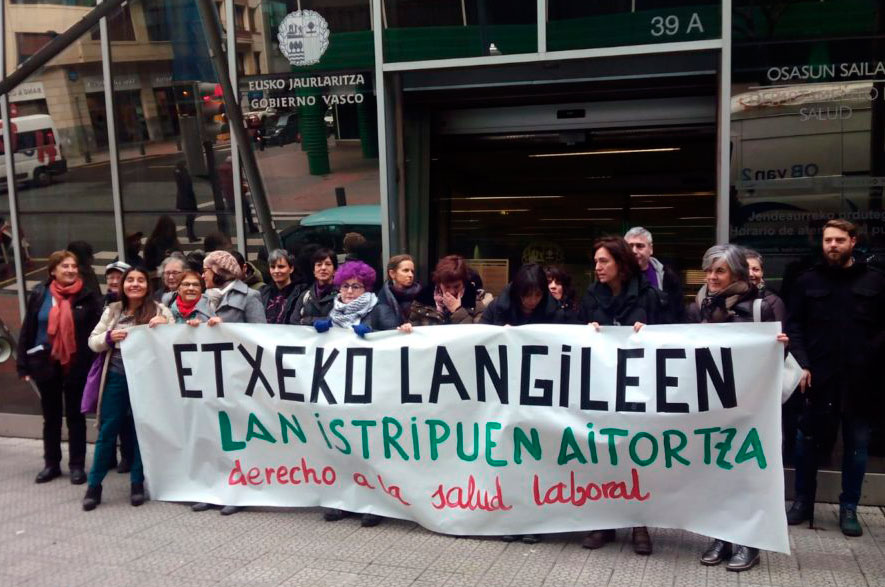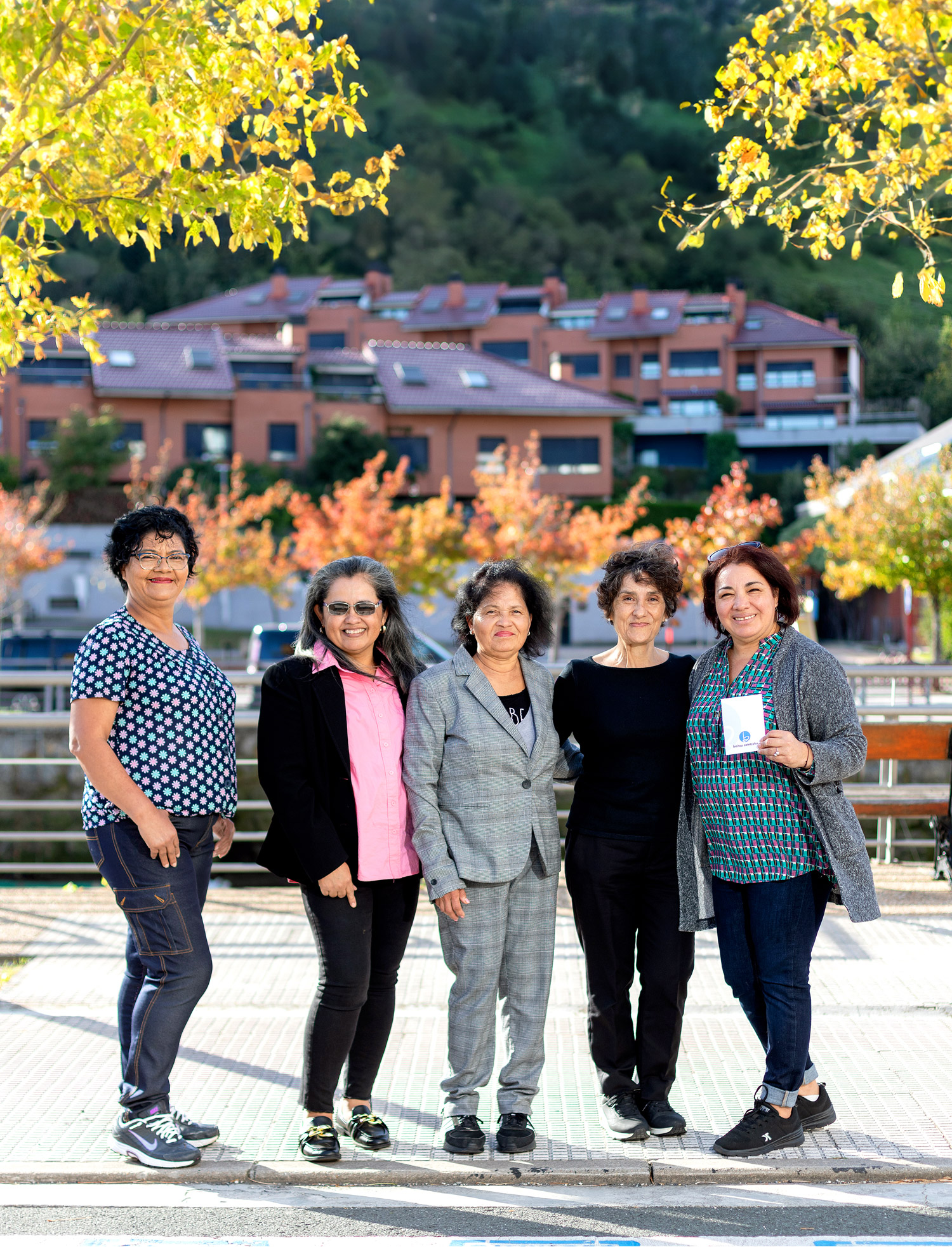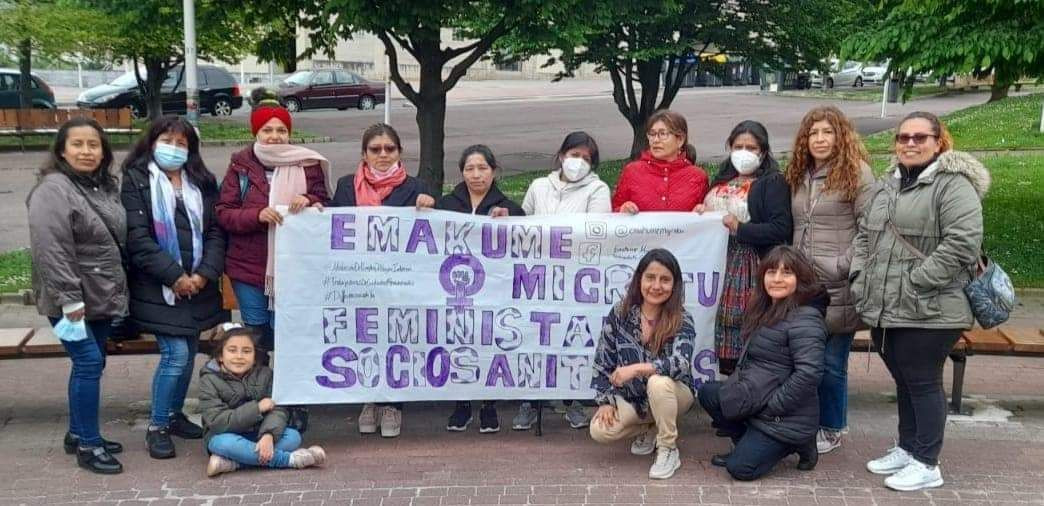“Migrants are obliged to carry out surveillance and cleaning tasks”
- Paris 365, Ados Teatroa, Asin Sound, the Bidebitarte cooperative and the Arteriak group have created the work ‘Aporophobia Stop’ to show hatred against people in poverty. Iris Mapaly Cárdenas, user of the dining room Paris 365, has participated in the play (Lima, Peru, 1980): “We have told ourselves a part of our history.” They will do so in Gipuzkoa in December; 11 in Donostia and 14 in Errenteria.

Does the play ‘Aporophobia Stop’ go beyond denouncing hatred against people in poverty?
On the one hand, we want to sensitise society so that people see that we are not in a situation of poverty or exclusion because we want, but because of certain circumstances. On the other hand, it is a form of mutual aid.
Besides being based on the experiences of the users of the solidary dining room Paris 365, what does it add?
Realism and truth. We are told that we are actors, but we have not represented anything; we have been the ones who have told part of our history.
Does fiction have space in the play?
There's almost no fiction, I would say 100 percent is real. In the end what we reflect is that when you arrive, you don't know what to do, where to go, you might not know the language. We have been forced, and once here we have to accept what is coming, take a new direction and start doing things from small to large. Along the way, we lose some dignity.
How does the transition from cultural consumption to creation live?
The change has been radical, because I didn't know much about it. I've always seen music, film and art from the outside in general. I've started acting randomly, and since I'm an adventurer, I want to go deeper into that. Along the way, we've had a lot of people and they've taught us how to position ourselves, how to raise our voices and how to take the space on the board. Participation in the work has undoubtedly been a process of empowerment.
.jpg)
They say in the play that from one day to the next everything can change and that anyone can become in a vulnerable situation. Did that happen to you?
He had a company in Peru with a ten year history. I had life oriented, I had work, my family and my home, but in 2019 everything got worse. Unfortunately, as the situation in Peru is very violent, I had to leave everything and come under threat to Pamplona, starting from scratch.
Which of your experiences did you want to highlight?
We have put special emphasis on the fact that as a woman they do not let me develop as a person. I have no freedom to walk as I like. I am not just a woman, mother and woman, I am a worker and also in a masculinized sector. Above all, we have staged racist, exclusionary and stereoty-related situations.
I was working in metal in Peru, have you managed to work on that in Navarra?
I've tried, but it's very difficult, because because I'm a woman, they lead me to other professions. Because I'm younger and I don't get into some stereotypes, they think I'm not capable. I think when you see how I work, I'll be able to work. However, I would say that the biggest obstacle is documentation.
Do you have special surveillance and cleaning tasks?
Yes. When we arrive here, migrants are obliged to perform surveillance and cleaning tasks. Up to three or four years he cannot practice his profession. I would like to continue working on metal later.
What was it like to work in a male sector?
Very difficult and strange. They'd constantly sexualize me, try to hug, kiss, chase me out with them and threaten me by phone. I had to claim my place. To do so, I changed the way I spoke and started to be more rough.
You mentioned the documentation, what obstacles do they have?
You need documentation to work, but if you don't work you don't have documentation. It is contradictory and they collide with each other. In addition to social protection, there is work. If you work for 6 months you can get it. I have achieved this now, but the passport has expired. The more informal it is, the harder it is, so they do what they want with us and exploit us the more.
"It is very difficult and strange [working in a male sector]. I had to reclaim my place where I was constantly sexually transmitted (...). To do so, I changed my way of speaking and started to be more rough."
They also talk about what it means to ask for help, how does it take it?
I have seldom asked for help, because it cost me a lot, but I am very grateful for the support offered by the solidary dining room Paris 365, because guaranteeing food is a basic necessity.
They have also staged what is meant by abandoning the family in the country of origin.
I always say that the hardest thing is for the family to be far away. Her mother and daughter stayed there and a year ago her husband and son came. Learning new jobs and adapting to the system, with all that this entails, is not difficult; the most painful and difficult thing is to leave the family at home.
Maule, 1892. Eight women from the Salazar Valley headed home from the capital of Zuberoa, but on the way, in Larrain, they were shocked by the snow and all were killed by the cold. Of the eight, seven names have come: Felicia Juanko, Felipce Landa, Dolores Arbe, Justa Larrea,... [+]
International Migrants Day is celebrated on 18 December. Last year, an institutional event was held at the Alhóndiga in Bilbao in cooperation with the social partners and I was invited to participate. There I had an unbeatable opportunity to meet new creators and, above all, to... [+]











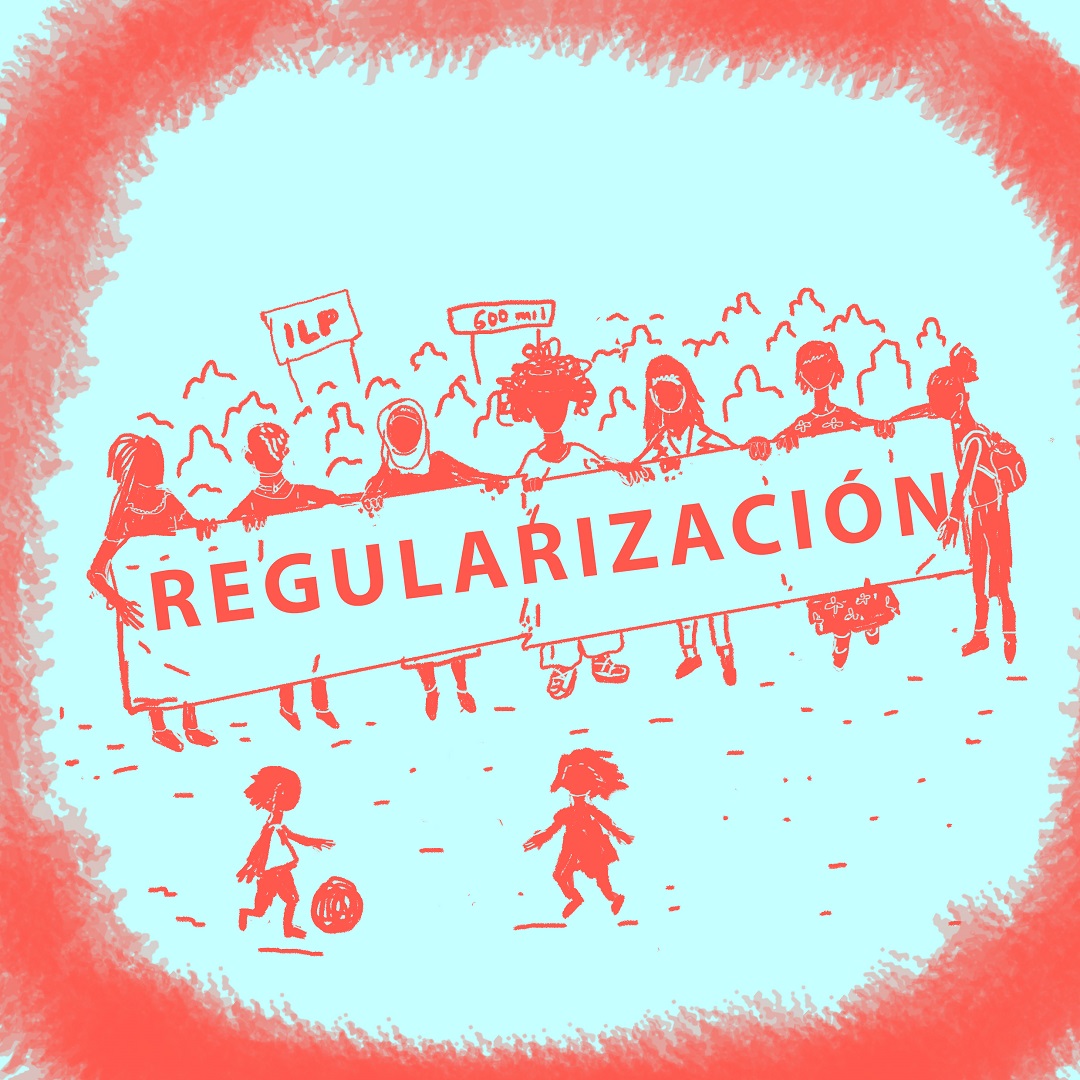
.jpg)
